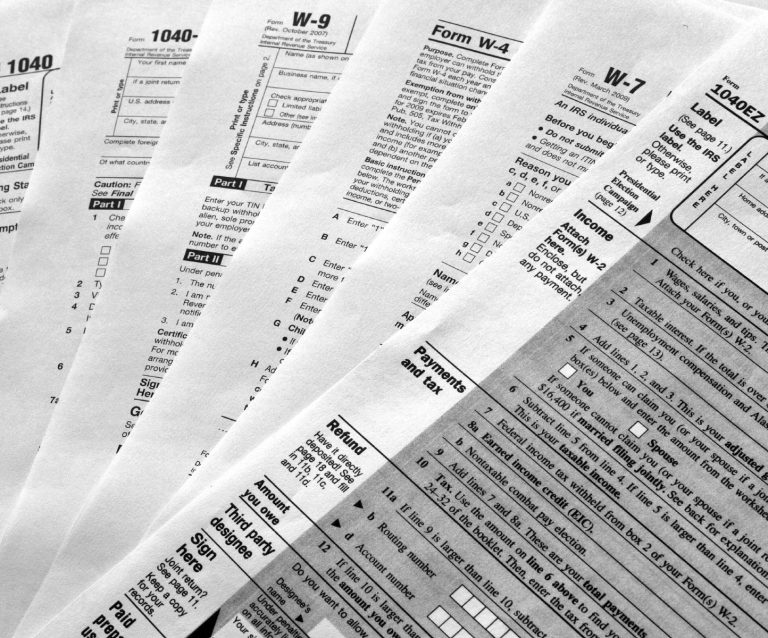Tax Implications Of Selling Your Timeshare
The tax implications of selling a timeshare can vary depending on several factors, including your specific situation and local tax laws. Here are some general guidelines:
1. Capital Gains: If you sell your timeshare for more than you originally paid for it, you may be subject to capital gains tax on the profit. The tax rate for capital gains can vary depending on your income and how long you owned the timeshare.
2. Holding Period: The length of time you've owned the timeshare can affect the tax rate. In many countries, if you've owned the timeshare for over a year, you may qualify for a lower long-term capital gains tax rate compared to a short-term rate for ownership of less than a year.
3. Deductions: You may be able to deduct certain expenses related to the sale, such as real estate agent commissions, advertising costs, and legal fees. Consult a tax professional to understand which deductions apply in your situation.
4. Primary Residence Exclusion: In some cases, if the timeshare was used as your primary residence for a certain period, you might be eligible for a primary residence exclusion that can reduce or eliminate the capital gains tax.
5. State and Local Taxes: Tax laws can vary from state to state and locality to locality, so it's essential to consider the specific rules in your area.
6. Reporting: You'll likely need to report the sale of the timeshare on your income tax return. Ensure you keep records of the purchase and sale, including any associated costs.
It's crucial to consult with a tax professional or accountant who is familiar with your local tax laws and can provide personalized advice based on your situation. They can help you navigate the tax implications of selling your timeshare and ensure you comply with all relevant tax regulations.

We need your consent to load the translations
We use a third-party service to translate the website content that may collect data about your activity. Please review the details in the privacy policy and accept the service to view the translations.
